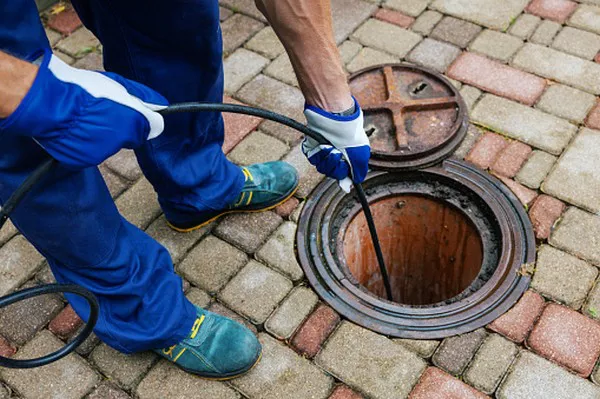A pervasive and unpleasant odor can quickly turn a comfortable home into an unpleasant environment. One of the most notorious and distressing smells that homeowners may encounter is sewer gas odor. This foul odor, reminiscent of rotten eggs or sulfur, can originate from various sources within the plumbing system and can pose both health risks and structural concerns if left unaddressed. Understanding the underlying causes of sewer gas smells in houses is crucial for effective mitigation and prevention.
1. Poor Ventilation
In a properly functioning plumbing system, sewer gases are vented outdoors through dedicated vent pipes. However, if these vent pipes become blocked or obstructed due to debris, ice, or animal nests, sewer gases can accumulate within the plumbing system and eventually find their way into the living space. Poor ventilation can lead to a buildup of pressure within the pipes, forcing sewer gases to escape through drains, creating the characteristic odor.
2. Drain Trap Evaporation
Every drain in a home is equipped with a trap—a U-shaped pipe designed to hold water and prevent sewer gases from entering the living space. However, if a drain is not frequently used, the water in the trap can evaporate, creating an opening for sewer gases to permeate the home. This commonly occurs in guest bathrooms or unused floor drains and can be remedied by periodically running water through the affected drains to replenish the trap.
3. Damaged or Leaking Pipes
Cracked, corroded, or improperly installed pipes can allow sewer gases to escape into the home. Over time, pipes may degrade due to age, environmental factors, or physical damage, compromising their integrity and creating pathways for odors to infiltrate living spaces. Additionally, leaking pipe joints or seals can release sewer gases into wall cavities or beneath floors, leading to hidden odor sources that are challenging to detect without professional assistance.
4. Blocked or Faulty Sewer Lines
The main sewer line connecting a home to the municipal sewer system can become blocked or damaged, resulting in sewer gas backups and foul odors. Tree roots, debris buildup, and structural defects such as cracks or collapses can impede the flow of wastewater, causing sewage to stagnate and emit odors. In severe cases, sewage backups can occur, posing significant health hazards and requiring immediate professional intervention to rectify the issue.
5. Improperly Installed Plumbing Fixtures
Improper installation of plumbing fixtures, such as toilets, sinks, or floor drains, can create gaps or leaks that allow sewer gases to escape into the home. Faulty seals, loose connections, or missing traps can compromise the integrity of the plumbing system, leading to odor issues. Homeowners should ensure that plumbing fixtures are installed correctly and promptly address any signs of leaks or malfunctions to prevent sewer gas infiltration.
6. Dry P-Traps in Floor Drains
Floor drains, commonly found in basements, laundry rooms, or garages, are susceptible to dry P-traps, similar to other drains in the home. If these drains are not used regularly, the water in the P-trap can evaporate, allowing sewer gases to enter the living space. To prevent this, homeowners should periodically pour water into floor drains or consider installing drain covers with built-in water seals to maintain proper trap function.
7. Sewer Line Vent Stack Issues
The vent stack, a vertical pipe that extends through the roof of a building, plays a crucial role in venting sewer gases from the plumbing system to the outdoors. If the vent stack becomes blocked or damaged, sewer gases may be unable to escape, leading to odors within the home. Common issues include obstructions from debris, bird nests, or structural damage caused by weather or external factors.
Conclusion
Sewer gas smells in houses can stem from various sources within the plumbing system, ranging from poor ventilation to damaged pipes and faulty fixtures. Identifying and addressing the root cause of sewer gas odors is essential to maintain a healthy and comfortable living environment. Homeowners should remain vigilant for signs of sewer gas infiltration, such as foul odors, and promptly address any issues to prevent potential health hazards and structural damage. Regular plumbing maintenance, including drain cleaning, pipe inspections, and vent stack checks, can help mitigate sewer gas odor problems and ensure the proper functioning of the plumbing system. When in doubt, consulting with a qualified plumber or sewage professional is recommended to diagnose and resolve sewer gas odor issues effectively.

